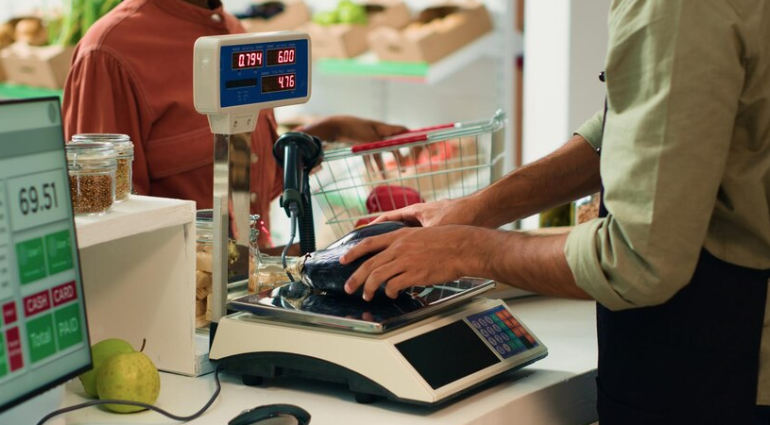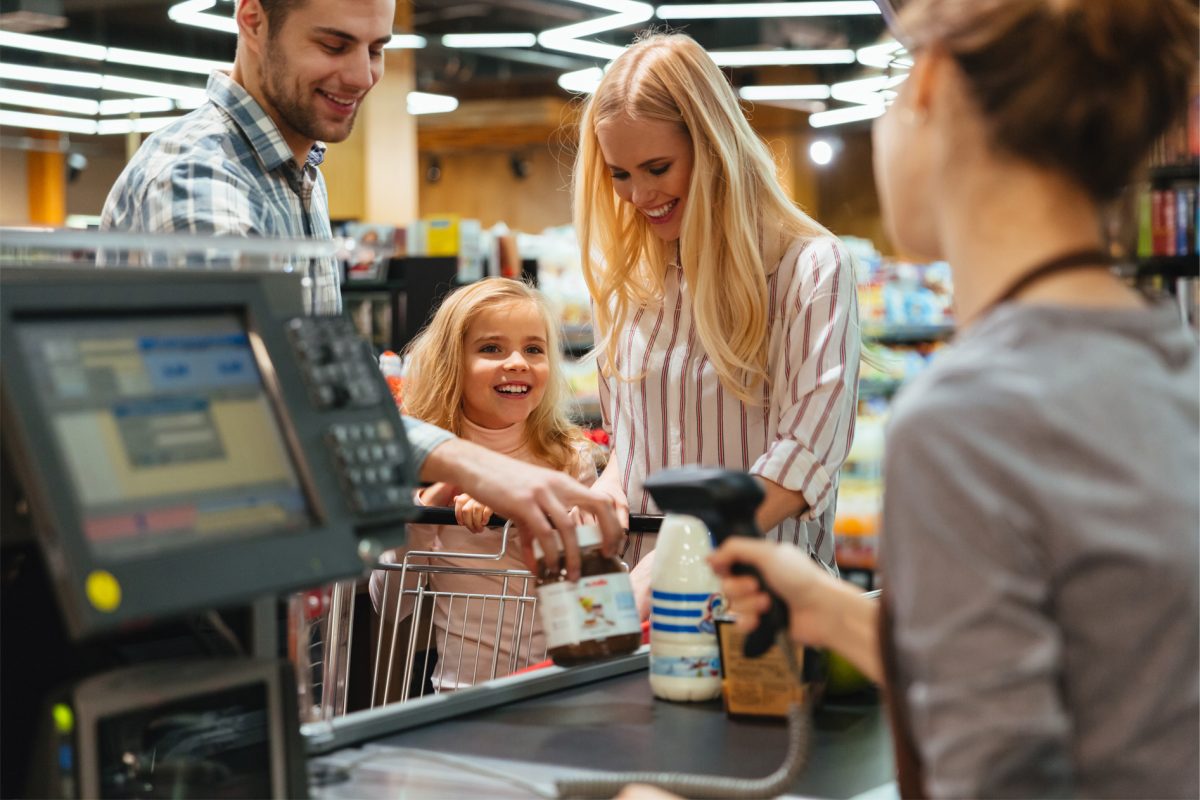POS for Liquor Stores: What’s Different?

When it comes to running a successful liquor store, having the right point-of-sale (POS) system is critical. While many retail POS systems offer general features like inventory tracking and sales reporting, liquor stores have unique needs that require specialized solutions. From age verification and regulatory compliance to managing a vast inventory of beverages, a liquor store POS system must go beyond the basics.
In this blog, we’ll explore what makes POS systems for liquor stores different—and why choosing the right one can make all the difference.
1. Age Verification & Compliance
One of the most significant differences in POS systems for liquor stores is the need for age verification. Selling alcohol comes with strict legal obligations, and failure to comply can result in heavy fines or even loss of your liquor license.
A liquor store POS should include built-in ID scanning or prompts that require cashiers to verify a customer’s age before completing a sale. Some advanced systems can scan driver’s licenses and automatically validate the date of birth, reducing the chance of human error.
Additionally, these systems help ensure your store stays compliant with local, state, and federal alcohol regulations, such as restricting sales during certain hours or on specific holidays.
2. Advanced Inventory Management
Liquor stores often carry hundreds, if not thousands, of different SKUs—including beer, wine, spirits, mixers, and limited-edition or seasonal items. Managing such a diverse inventory requires a POS system that can handle:
- Case, bottle, and keg tracking
- Mix-and-match pricing
- Automated reordering
- Vendor management
Many liquor-focused POS systems also support batch tracking and expiration dates, which are important for certain beverages. Some even integrate with distributors to automatically sync inventory or place restock orders when levels are low.
3. Flexible Pricing & Promotions
Liquor stores frequently run promotions like “Buy One, Get One,” discounts on cases, or loyalty rewards for frequent customers. A standard POS may not support this level of customization, but a liquor-specific POS system usually includes:
- Tiered pricing for different quantities (e.g., 6-pack vs. single bottle)
- Time-based promotions (e.g., happy hour)
- Mix-and-match discounts
- Club memberships or rewards programs
The ability to set flexible pricing rules ensures your promotions are applied accurately and efficiently at checkout—without needing manual overrides.
4. Barcode Scanning for Multiple Units
Liquor stores often deal with multiple units of the same product: a single can, a 6-pack, or a full case. A liquor store POS should recognize different barcodes for each unit type—or allow staff to select the quantity manually while still tracking it back to the same inventory item.
This multi-unit tracking helps avoid inventory discrepancies and ensures consistent pricing across all product sizes.
5. Customer Relationship Management (CRM)
While many retail POS systems include basic CRM features, liquor store owners benefit from tools designed to build long-term customer loyalty. A POS system built for liquor businesses might include:
- Purchase history tracking
- Personalized recommendations
- Email marketing integrations
- Customer rewards or wine club memberships
These features are particularly useful for boutique wine shops or premium liquor stores looking to provide a personalized experience.
6. Compliance Reporting & Analytics
Beyond sales tracking, a liquor store POS system should offer robust reporting features that help with compliance audits and tax reporting. These reports often include:
- Daily sales summaries
- Breakdown by alcohol type
- Vendor purchase records
- Age verification logs
Having this data readily available simplifies your bookkeeping, helps with business forecasting, and makes compliance checks less stressful.
Final Thoughts
Liquor stores operate under a unique set of challenges, and their POS systems must reflect that. While a generic retail POS may work in theory, a specialized liquor store POS delivers tools that simplify operations, improve customer satisfaction, and ensure compliance with complex regulations.
If you’re a liquor store owner or planning to open one, investing in a liquor-specific POS system is not just smart—it’s essential. Look for features like age verification, advanced inventory controls, flexible pricing, and compliance reporting to keep your store efficient, legal, and profitable.






